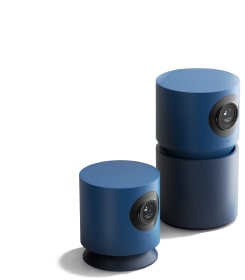Wireless chargers use a technology called inductive charging to transfer electricity from a charging pad to a device, such as a smartphone, without the use of physical cables. This process involves the use of electromagnetic fields to transfer electrical energy, and it has raised some concerns about the potential for wireless chargers to emit radiation.
The short answer to the question is that wireless chargers do emit a small amount of radiation, but the levels are generally considered to be safe for human exposure.
Wireless chargers use low-frequency electromagnetic fields to transfer electricity from the charging pad to the device. These fields are similar to the ones used in other household appliances, such as microwaves and televisions, and are classified as non-ionizing radiation. Non-ionizing radiation is a type of electromagnetic radiation that does not have enough energy to ionize atoms or molecules, which means it does not have the ability to damage DNA or cells in the human body.
The levels of radiation emitted by wireless chargers are generally considered to be very low and are well within the safety limits set by regulatory agencies such as the Federal Communications Commission (FCC) in the United States and the International Commission on Non-Ionizing Radiation Protection (ICNIRP) in Europe. These safety limits are based on extensive research and are designed to protect against potential health risks from exposure to non-ionizing radiation.
It is worth noting that the levels of radiation emitted by wireless chargers can vary depending on the specific model and the distance between the charging pad and the device being charged. Some studies have suggested that the levels of radiation emitted by wireless chargers may be higher when the device being charged is closer to the charging pad. However, even in these cases, the levels of radiation are still considered to be safe for human exposure.
In summary, while wireless chargers do emit a small amount of radiation, the levels are generally considered to be safe for human exposure. If you have concerns about the potential health risks of using a wireless charger, it is always a good idea to consult with a healthcare professional or research the safety guidelines set by regulatory agencies.










 United States
United States